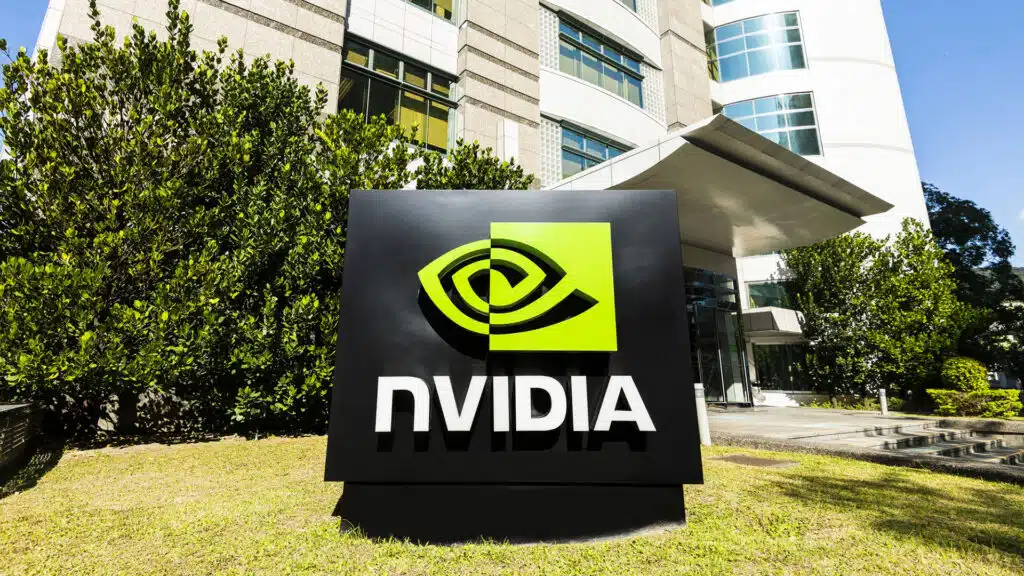The News: In a collaboration, Databricks and Einblick Intelligence have joined forces to redefine the data analytics landscape. This strategic partnership promises seamless data integration and advanced analytics, empowering businesses to make smarter decisions and drive unprecedented growth. With innovative technologies at the forefront, organizations can now unlock actionable insights and chart a path toward unparalleled success in the digital age. Read more in the press release on the Databricks website.
Maximize Synergy with Databricks and Einblick Intelligence
Analyst Take: The integration of Databricks and Einblick represents a significant advancement in enterprise data management, marking a pivotal moment in how organizations harness the power of AI to interpret and utilize their data. Databricks, known for its cutting-edge analytics tools, has laid a solid foundation for data-driven decision-making. At the same time, Einblick’s expertise in machine learning (ML), human-computer interaction, and natural language processing (NLP) has resulted in developing an AI-native collaboration platform.
With Einblick’s innovative platform, users can address complex data challenges with a single sentence, streamlining processes and accelerating insights. By combining Einblick’s intuitive interface with Databricks’ analytical prowess, businesses gain a powerful toolset to navigate the complexities of modern data ecosystems, empowering them to make informed decisions and unlock new opportunities in the ever-evolving landscape of Data Intelligence.
What Was Announced
The emergence of generative AI has catalyzed the evolution of a new breed of data systems: Data Intelligence platforms. Unlike their predecessors, these platforms are characterized by native natural language interfaces, democratizing access to insights for both novices and experts. Data Intelligence empowers users to question their data platforms and receive detailed, high-quality answers. The Einblick team stands at the forefront of this revolution, pioneering cutting-edge techniques to translate natural language queries into the code, charts, and models necessary for generating actionable insights. This endeavor demands leveraging state-of-the-art generative modeling capabilities and optimizing them meticulously for data-related inquiries.
However, the efficacy of the next wave of data tools hinges not just on their ability to comprehend general language but also on their understanding of company-specific jargon and semantic nuances. Through its collaboration with Databricks, Einblick’s groundbreaking concepts can be substantially augmented by integrating them with the underlying data catalog. Einblick blazed trails early on by recognizing the potential of AI to empower non-technical users to glean advanced data insights, drawing from their extensive research experience. Their approach involves embedding AI directly into the authoring surface, enabling users to translate their thoughts seamlessly into comprehensive data workflows. Einblick’s team has meticulously crafted a sophisticated multi-step architecture capable of processing raw user input, enriching it with pertinent contextual cues, and deconstructing it into manageable components using SQL, Python, and higher-level logical operators. Over years of refinement, they have honed their AI systems and user experiences, culminating in a vision of Data Intelligence that seamlessly integrates with industry-leading data platform capabilities.
Impacts to Application Modernization
The advent of Data Intelligence platforms such as Einblick, with their native natural language interfaces and advanced AI capabilities, significantly impacts developers and DevOps professionals. For developers, the integration of natural language interfaces means a paradigm shift in how they interact with data systems. They no longer need to rely solely on traditional programming languages or complex querying methods to extract insights from data. Instead, they can leverage NLP capabilities to communicate with data platforms more intuitively. This shift may require developers to adapt their skill sets to incorporate knowledge of NLP techniques and the underlying architecture of Data Intelligence platforms. Additionally, developers may collaborate more closely with data scientists and AI specialists to optimize and enhance the NLP functionality within these platforms.
In the realm of DevOps, the introduction of Data Intelligence platforms introduces new challenges and opportunities. DevOps professionals are tasked with ensuring these platforms’ seamless integration and deployment within existing infrastructure while maintaining security, scalability, and reliability. The deep integration of Einblick with underlying data catalogs necessitates careful orchestration and management to ensure that data pipelines remain robust and efficient. DevOps teams may need to implement automation tools and monitoring solutions specifically tailored to the unique requirements of Data Intelligence platforms. Moreover, they may collaborate more closely with data engineers and scientists to streamline AI-driven features and functionalities’ development and deployment processes.
Overall, the emergence of Data Intelligence platforms reshapes the roles and responsibilities of developers and DevOps professionals, calling for increased collaboration, adaptation to new technologies, and a holistic approach to managing data infrastructure in the age of AI.
Looking Ahead
The outlook for Data Intelligence platforms like Einblick is promising and multifaceted. As AI and NLP technologies advance, these platforms will likely become more sophisticated and accessible, transforming how organizations interact with and derive insights from their data.
One key aspect of the future outlook is the democratization of data analysis. With natural language interfaces, data intelligence platforms empower users across various departments and skill levels to access and interpret data effectively. This democratization fosters a data-driven culture within organizations, enabling decision-makers to make informed choices based on actionable insights.
Moreover, as data intelligence platforms evolve, they will likely incorporate more advanced AI capabilities, such as machine learning and predictive analytics. By leveraging historical data and sophisticated algorithms, these platforms can offer predictive insights and recommendations, helping organizations anticipate trends, identify opportunities, and mitigate risks proactively.
Additionally, integrating data intelligence platforms with emerging technologies like edge computing and Internet of Things (IoT) devices holds immense potential. By processing and analyzing data closer to its source, organizations can reduce latency, improve real-time decision-making, and unlock new opportunities for innovation across industries.
The future outlook for data intelligence platforms is intertwined with the broader trends shaping the data landscape, including data privacy regulations, cybersecurity concerns, and data’s growing volume and complexity. As organizations navigate these challenges, Data Intelligence Platforms will play a crucial role in helping them harness the full potential of their data assets while maintaining compliance and security standards.
Overall, the future of data intelligence platforms is characterized by innovation, collaboration, and empowerment. By embracing these platforms, organizations can unlock new insights, drive operational efficiency, and gain a competitive edge in an increasingly data-driven world.
Disclosure: The Futurum Group is a research and advisory firm that engages or has engaged in research, analysis, and advisory services with many technology companies, including those mentioned in this article. The author does not hold any equity positions with any company mentioned in this article.
Analysis and opinions expressed herein are specific to the analyst individually and data and other information that might have been provided for validation, not those of The Futurum Group as a whole.
Other Insights from The Futurum Group:
Application Development and Modernization
The Evolving Role of Developers in the AI Revolution
Revolutionizing Cloud-Native Apps through WebAssembly Development
Author Information
With over 25 years of experience, Paul has a proven track record in implementing effective go-to-market strategies, including the identification of new market channels, the growth and cultivation of partner ecosystems, and the successful execution of strategic plans resulting in positive business outcomes for his clients.







